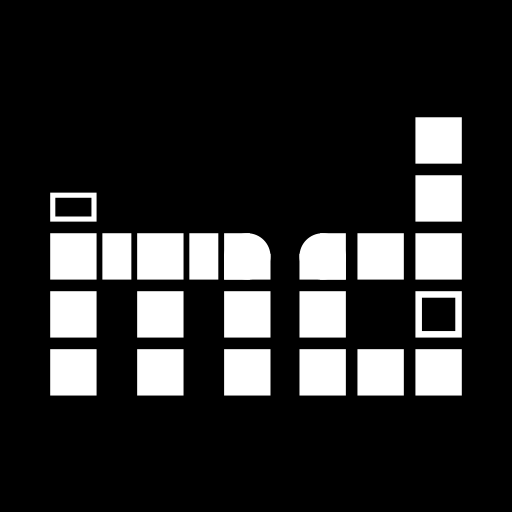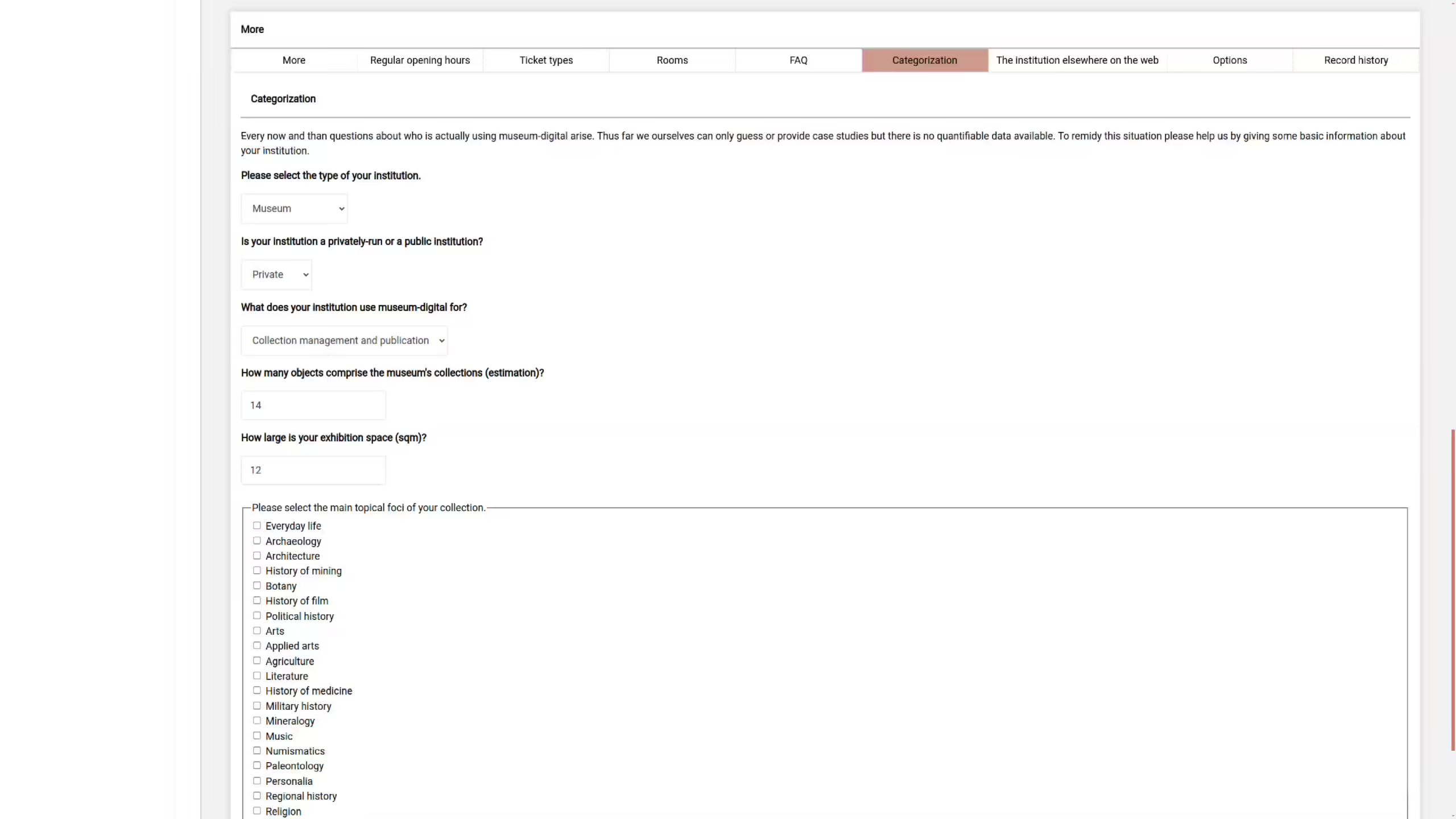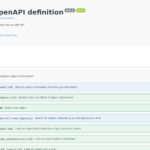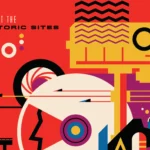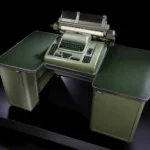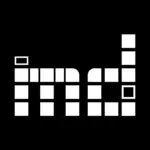In its most recently published survey of museums in Germany the Institute for Museum Research (Berlin) asked how many museums use controlled vocabularies and norm data. 416 of the 3059 museums who answered the additional question sheet with this particular question answered that they do indeed use norm data. The survey concerns German museums as of 2021.
On January 1st, 2021, 866 museums and similar institutions were registered with museum-digital in Germany. 688 of these were publicly listed, which means that they had recorded and published at least one object entry. The recording of object metadata in musdb is barely possible without using controlled vocabularies (in turn linked to the large norm data catalogues like the Gemeinsame Normdatei, the Library of Congress Subject Headings or Geonames), unless one really only fills out the most basic description fields. Which is to say that 688 museums in Germany were almost certainly using norm data in 2021. An important assumption in the design of musdb is that norm data adoption is most successful if users benefit from it – ideally – without even knowing that they use it.
Maybe it is exactly for that reason, but something clearly is wrong about our numbers.
Aside from questions on a mainly statistically and politically interesting global / national level, questions about the participating institutions pop up regularly in more practically relevant situations. Museums considering musdb as a collection management solution ask how many other museums use musdb for collection management. As it is both a collection management system and the gateway to the publication of museum data via museum-digital, we cannot yet answer those questions safely beyond the better known case studies.
At least for its background, museum-digital in Germany is known to be primarily used by smaller museums. Knowing the German museum landscape, this is pretty much true in terms of collection management, and less so where it comes to the publication of museum collection data. But there is no data to give a more detailed assessment. Given the approach of a centralized vocabulary management with centrally determined names for actors, places, times and tags, it would be likely to assume that art history museums are less likely to use museum-digital than other types of museums. As of now, we cannot confirm or deny that.
Getting better data would be very valuable for linking like-minded museums and gaining a better understanding of who is actually using museum-digital and/or musdb.
At museum-digital, we know details about the participating museums, but there is a lack of an overview. And details can obscure an overarching perspective (if a museum has only published its numismatic collection via museum-digital but is actually collecting all types of objects, it would clearly be wrong to deduce that is a numismatic collection based on its published objects).
Overarching statistical information about institutions can hence not be safely deduced from the published collections. It is information that the colleagues at these institutions know best themselves.
A Small Survey
Given this background, it is time that we’d try to learn some more about the institutions using musdb. And that clearly will work best by asking people themselves.
Starting today, users logging in to musdb will hence be asked to fill out a very quick survey of six questions:
- Please select the type of your institution. (museum, archive, …)
- Is your institution a privately-run or a public institution?
- What does your institution use museum-digital for? (Collection management, publication, both)
- How many objects comprise the museum’s collections (estimate)?
- How large is your exhibition space (sqm)?
- Please select the main topical foci of your collection.
The dialogue asking users to fill out this survey will only appear upon logins until the survey has been filled out for the museum.
What will the data be used for?
For the start, the data will only be used for answering questions such as the ones stated above. Knowing the intended use of musdb and the main topical foci of a museum however also opens up new possibilities in making musdb easier to use, especially for new users. This information may e.g. be used to set more defaults for new users that are tailored towards the intended use case for musdb instead of providing only a single set of defaults for a given functionality.
